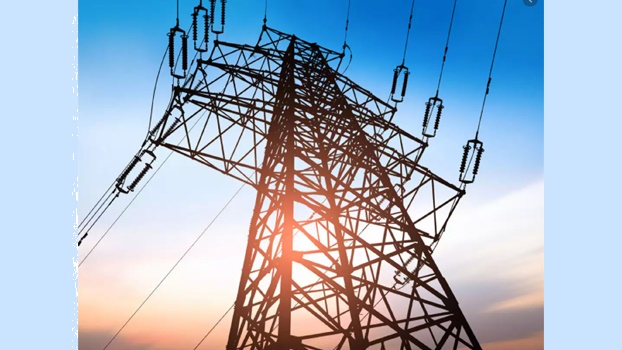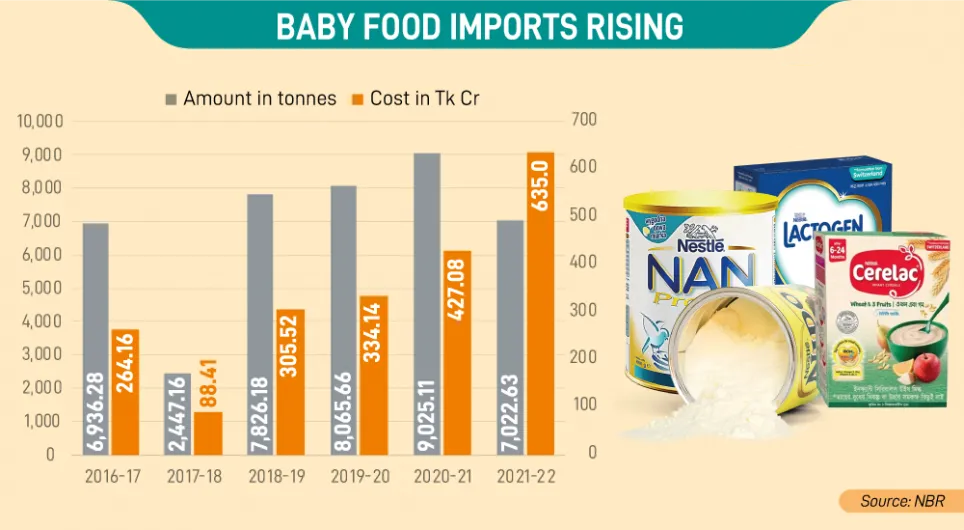Government has set a target to withdraw subsidies in phases from the Power and Energy sector to make it a profit-making one, sources said.
According to the target, Power and Energy sector will be made profitable by decreasing subsidies in phases from this year. In 2031, six percent profit will be earned from this sector and in 2041, the profit margin will be eight percent. The principle is to make it profitable to keep up with high income.
However, Prime Minister Sheikh Hasina has also said that even if the government still generates electricity with subsidy due to high cost of power generation in Bangladesh, it will not be possible to give this subsidy all the time. She urged the people to be economical in using electricity and not to waste it.
State Minister for Power, Energy and Mineral Resources, Nasrul Hamid has also said several times that the government wants to withdraw subsidy in power generation.
Energy experts say that the government's plan cannot be implemented without wiping out irregularities, corruption, unreasonable spending, inefficiency and mismanagement in the sector.
According to the Planning Commission, in 2041, Bangladesh will be a high income country. Power & Energy demand will also increase accordingly. The Power & Energy sector will be made financially sustainable and will be able to make a profit on its assets at an acceptable rate. Then this sector will run from its own income by reducing dependence.
There will be a lot of public and private investment in this sector in the next 20 years. For this, various strategies have been made for increasing private participation.
The Planning Commission has taken an initiative to provide fair price and quality electricity after 100% electrification. In high-income countries, Energy demand will increase by 9.3 percent in line with the growth of national income. Imports have been the mainstay of primary energy to meet this demand. In order to make it profitable, various strategies including reduction of production and generation cost, increase of private investment in marketing, reduction of import cost, ensuring primary fuel, efficient use of energy, balanced investment in production operation and distribution have been laid down in the plan.
According to the Planning Commission, prices and efficiency will be increased in line with international competition for the power and energy sectors capable of meeting the energy needs of the upper-middle-income and high-income economies. Besides it must be ensured 100% energy security.
Allocations to this sector from the national budget will be gradually reduced. State-owned companies will invest their own money. Government control over the distribution of electricity and marketing of oil will be gradually relaxed. In other words, there will be opportunities for private investment and profit in marketing and distribution.
Private investment in marketing: Private investment in power sector will be increased, especially in marketing. Now all state-owned companies supply and distribute oil, gas or electricity. Private investment will also be brought here. And they will be given the opportunity to make a fair profit. At present, the private sector has about half of the investment, including imports. In 2031 this share will be 55 percent and in 2041 60 percent.
Financing of government institutions: Government organisations like non-government organizations will also be made profit based. To this end, initiatives will be taken to make Bangladesh Energy Regulatory Commission (BERC) more powerful.
Petroleum Pipeline: Around 1,180 km of petroleum pipeline will be set up across the country to supply liquid fuel. The capacity of the fuel oil refinery will be increased.
Low cost technique: In addition to reducing power generation costs, primary fuel costs will also be reduced by generating electricity with coal and gas. LNG will be used instead of oil. Hydropower, natural gas, coal and nuclear are all being relied upon as low cost fuel in future.
The power generation target has been set at about 57,000 MW in 2041 and the highest demand will be 51000MW at that time. And in 2031, 33000 megawatts of electricity will be generated against with the demand of 29,3000MW.
Professor Dr. M Shamsul Alam, an expert of Power and Energy sector, told Bangladesh Post the process of withdrawing subsidies from the power and energy sectors has been going on since 1990. Now the price of electricity and fuel has unreasonably increased several times. Judicious analysis has shown that the price of electricity can be reduced.
“ The main obstacle to the development of the power sector is weakness in policy-planning. Other reasons are irregularity, corruption, mismanagement, waste, unreasonable expenditure in various sec















